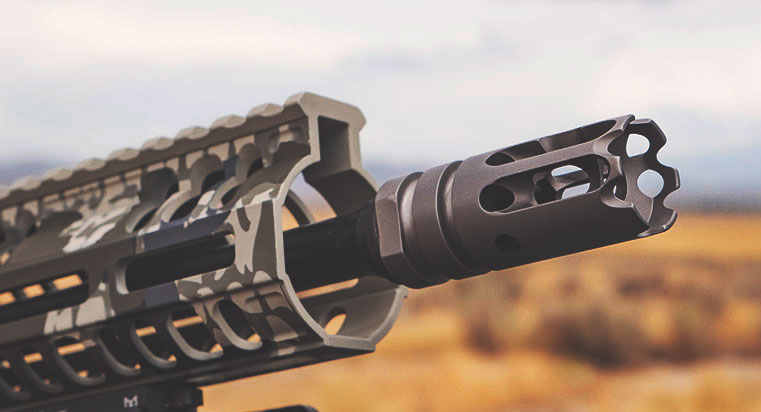Does anyone know how much noisier a rifle with a comp is compared to one without one?
There is no definitive answer to this question as it depends on many factors, such as the type of compensator used and the gun’s barrel length. However, in general, compensators are designed to mitigate recoil and muzzle rise by redirecting expelled gases away from the shooter. This can, in turn, make guns louder as there is an increased volume of gas being expelled from the barrel. compensators should not be used on short-barreled firearms as they can increase noise levels to dangerous levels.
There is some debate on this issue, as compensators can theoretically make guns louder due to the additional noise created by the gases exiting the barrel. However, many shooters report that compensators reduce the noise level of a gunshot, as they help to redirect and control these gases. As with most things related to firearms, there is no definitive answer – it ultimately depends on the specific firearm and compensator in question.
There is no definitive answer to this question as it depends on several factors, such as the type of compensator used and the firearm itself. However, in general, compensators are designed to redirect gases away from the shooter’s face and ears, which can help reduce recoil and improve accuracy. This comes at the cost of increased noise levels, so it’s important to consider your surroundings before using a compensator on your gun.
It depends on the type of compensator. Some compensators, like muzzle brakes, can redirect some of the noise and flash produced by the gun outwards and away from the shooter. This can help to reduce recoil and improve the aim. However, other compensators, like barrel shrouds, can amplify noise and increase recoil.
So it depends on the specific design of the compensator and how well it is implemented. In general, though, any device that is added to or replaces parts of the gun barrel will have some impact on noise levels and recoil.

